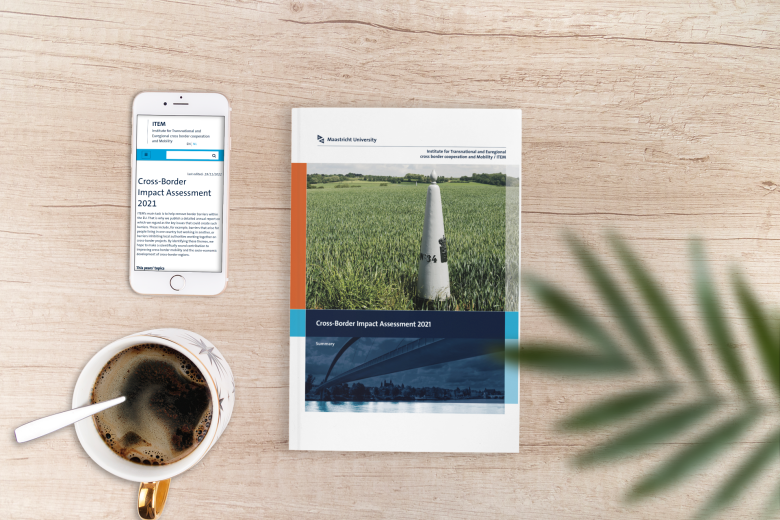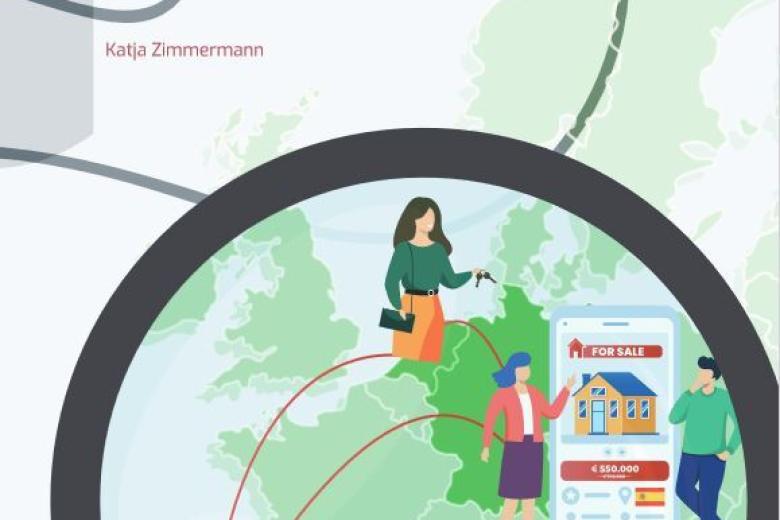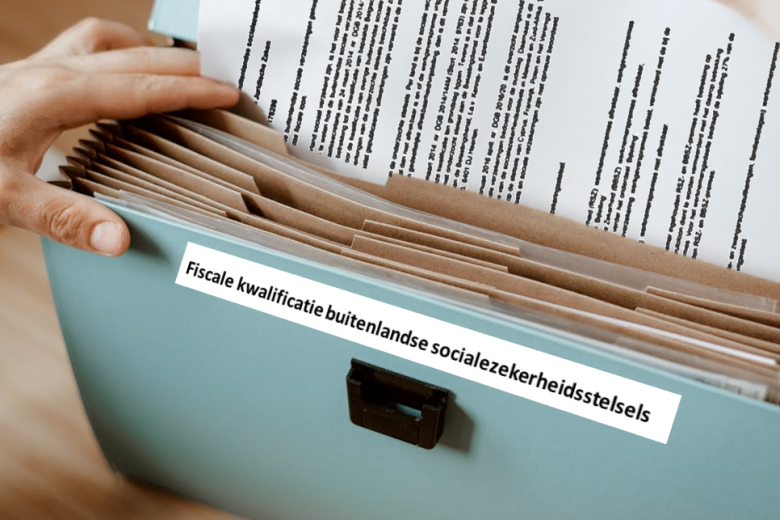European Commission classifies ITEM as good practice
The efforts of the ITEM Expertise centre of Maastricht University have been recognised by the European Commission as a good practice. In an official document of the Commission’s Regional Policy titled Communication “Boosting Growth and Cohesion in EU Border Regions”, ITEM’s annual Cross-border Impact Assessment was put forward as a good practice in order to facilitate the improvement of the legislative process within the European Union.
On 20 September 2017 the European Commission adopted the Communication “Boosting Growth and Cohesion in EU Border Regions”. This document presents the result of several years of intensive research and dialogue amongst border stakeholders, national authorities of EU Member States, partner countries and regional as well as local authorities and highlights methods by which the complexity, length and cost of cross-border interaction can be reduced. Ultimately it could help the European Union to boost its border regions and stimulate creation of growth and labour mobility across the region.
During the Conference held on 20-21 September 2017 the Commission outlined their findings on persisting legal and administrative obstacles to border interaction. During the Keynote Speech, EU Commissioner for Regional Policy Ms Creţu put forward examples of what can be done to remove hurdles that obstruct growth and labour mobility in border regions. By acknowledging these good practices the Commission shows support for measures that stimulate the creation of growth and jobs across the region. In the Communication document, the Commission proposes a set of actions to be implemented in this area. These actions will be facilitated by the creation of a “Border Focal Point” within the Commission consisting of Commission experts in cross-border issues, which will offer advice to national and regional authorities to tackle legal and administrative border obstacles. One action that the Commission’s “Border Focal Point” will tackle is the improvement of the legislative process. The Commission notes that the cause of a substantial part of the difficulties identified can be traced to discrepancies among regulations and legislation on a national and EU level. These discrepancies have proven to cause complex situations, legal uncertainty and additional costs.
To identify the impact (future) national and EU legislation has on border regions, the Institute for Transnational and Euregional Cross-border cooperation and Mobility / ITEM of Maastricht University carries out its annual Cross-border Impact Assessment. The work is based on a work programme developed together with national, regional and local border stakeholders along the borders of the Netherlands with Germany and Belgium respectively. The ITEM Expertise centre therefore plays a vital role when it comes to the stimulation of growth and cohesion in EU border regions. The Commission has put forward ITEM’s annual Cross-border Impact Assessment as a good practice in the area of territorial impact assessment of future national and EU legislation and therefore acknowledges and supports the institute’s efforts. Part of the Commission’s action regarding the improvement of the legislation process is to make further efforts to identify significant cross-border impacts and to seek greater involvement by border stakeholders. This will be done through the help of the ITEM Expertise Centre and the Commission’s “Border Focal Point”. In addition the “Border Focal Point” will organise expertise and advice on cross-border regional aspects, in order to support EU Member States with the needed coordination efforts during their national transposition process. Among other things, this will build on the results of the aforementioned pilot projects and existing good practices as such.
During the Conference on September 20th, EU Commissioner for Regional Policy Ms Creţu addressed the importance of impact assessments of legislation that includes territorial aspects. In the reaction from the European Parliament the representative, Mr Lenaers, spoke about the importance of cross-border cooperation and used the Cross-border Impact Assessment from the ITEM Expertise centre as a positive example of the work that is being done in border regions. The Senior Policy Officer of the Benelux Union, Mr Mooren, spoke about the progress between the cooperation between the Benelux and North-Rhine Westfalia, highlighting the activities in terms of the recognition of professional qualifications. He mentioned that the expertise of institutes such as the ITEM Expertise Centre has been very helpful in that process and that it is time to bring the specialised institutes together and start implementing the plans set up in the Communication. On the second day of the conference on September 21st, the topic of preventing and overcoming border obstacles were addressed. ITEM’s Martin Unfried, project leader of the Cross-border Impact Assessment, was present as a panel leader as an expert in this area.
The ITEM Expertise Centre will continue their research in cross-border topics. Besides their annual Cross-border Impact Assessment puts effort into various other projects that stimulate growth and cohesion in the border region. In June 2017 the ‘Vereniging voor Belastingwetenschap’ drafted a report under the chair of ITEM’s Prof. Dr. Marjon Weerepas titled ‘Cross-border Workers in Europe: An investigation into the tax, social insurance and pension aspects of cross-border work’. The research committee offered 39 recommendations for solving these problems. These recommendations are concrete enough to be implemented in policy such as the new tax treaty between the Netherlands and Belgium. In its mandate to the committee, the Vereniging for Belastingwetenschap explicitly asked for a multidisciplinary investigation that was not only focused on taxation. The report’s recommendations can be applied by policy makers and governments through Europe. More information on the 39 recommendations for cross-border workers can be found below:
Grenswerkers in Europa – 39 recommendations for cross-border workers
The official document can be found via the website of the European Commission:
Also read
-
ITEM Cross-Border Impact Assessment 2021 published
Due to the Corona crisis, also many cross-border workers are forced to work in their home country. They have been asked not to cross the border to come to their office situated in the neighbouring country. At the moment, this is only possible because the Dutch, Belgian and German governments have...
-
Success factors for cross-border real estate transactions: information and patience
Buying a house abroad, with the complex procedures of rules and formalities that apply in the world of real estate transactions, one might wonder: what obstacles might I encounter? In her dissertation, Katja Zimmermann examined the operation and obstacles of various land registration systems. Her...
-
ITEM focal point taken up: addition to Dutch qualification policy for German social insurance schemes
The Dutch Ministry of Finance has updated the guideline on the tax qualification policy of foreign social security schemes. According to expertise centre ITEM, the addition concerning certain German social insurances is a positive development, which is in line with their vision and commitment in...